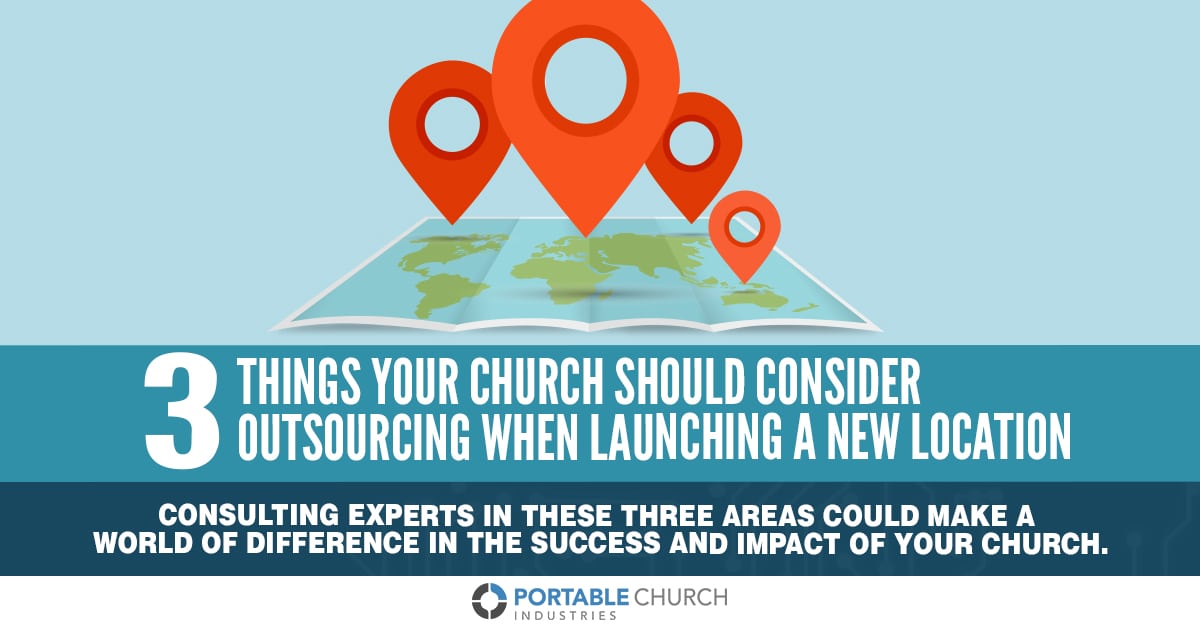Take A Look At The Interesting Journey Of Catholic Schools And Their Significant Contribution To Education-- Could Their Traditions Be Crucial For Future Discovering?
Take A Look At The Interesting Journey Of Catholic Schools And Their Significant Contribution To Education-- Could Their Traditions Be Crucial For Future Discovering?
Blog Article
Content Author-Sheehan Bell
When you consider the background of education, Catholic institutions stick out for their ingrained traditions and lasting influence. These establishments began as a means to infuse confidence and worths, but they have actually adjusted incredibly over centuries. Today, they play a critical role fit not just academic success but additionally moral integrity. What's fascinating is how they have actually handled to grow in the middle of transforming cultural landscapes, questioning regarding their future importance and impact.
The Beginnings of Catholic Education: A Historic Viewpoint
Catholic education and learning traces its roots back over 1,500 years, when very early Christian areas recognized the requirement for structured learning. You'll discover that these areas intended to hand down their faith and values through education and learning.
Monasteries and cathedral schools became centers of knowing, supporting both spiritual and intellectual development. As you delve deeper, you'll see that the curriculum typically consisted of ideology, faith, and the liberal arts, made to form well-rounded individuals.
With time, the Church established a lot more official establishments, ensuring that education and learning remained accessible to all. The commitment to training moral values and fostering a feeling of area has lingered via the centuries, forming the academic landscape and affecting plenty of lives worldwide.
This enduring legacy continues to motivate Catholic education and learning today.
The Advancement of Catholic Colleges Through Social Contexts
As cultures evolved, so did the duty of Catholic institutions, adjusting to the social contexts in which they existed. In https://www.liveinternet.ru/users/clausen_wichmann/post511452293 , these institutions focused mainly on religious direction, yet as areas branched out, they started to include local languages, customs, and educational requirements.
Middle School Private Christian schools In Suttons Bay 'd observe that Catholic institutions usually came to be facilities for social cohesion, cultivating a sense of belonging among pupils from numerous backgrounds. In several areas, they dealt with social concerns, such as poverty and discrimination, by providing easily accessible education for all.
As you check out various societies, you'll see how Catholic schools have shifted their curricula and teaching methods, reflecting the worths and difficulties of their settings while remaining true to their foundational mission of belief and academic excellence.
The Modern Function and Impact of Catholic Schools in Culture
In today's globe, Catholic colleges play a crucial duty fit not just the educational landscape, however also the more comprehensive neighborhood.
You'll discover that these organizations emphasize values like regard, concern, and social justice, promoting all-around people who add positively to culture. By concentrating on academic quality and ethical development, Catholic schools prepare students for future challenges, nurturing essential reasoning and management abilities.
They typically serve varied populaces, linking voids in access to high quality education. Additionally, you might observe their commitment to service, urging students to take part in community outreach and volunteer job.
This blend of education and moral advice makes Catholic colleges a considerable force, growing accountable citizens that can affect their neighborhoods right.
Verdict
To conclude, Catholic institutions have an abundant history that's shaped their long-lasting effect on culture. You've seen how they have actually adapted to numerous social contexts while maintaining a commitment to faith, values, and academic excellence. Today, they remain to play an important function in cultivating community, promoting social justice, and nurturing liable citizens. As you review their heritage, it's clear that Catholic institutions continue to be an effective force for favorable modification on the planet.
